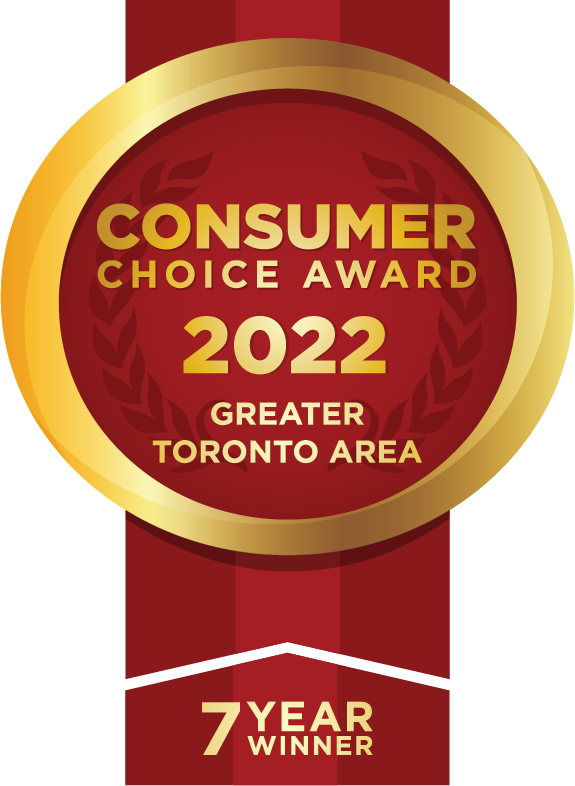- Home
- Free Consultation
- Tax Services
For Individuals
For Business
- Corporate Services
- Business Sales & Acquisition
- Business Incorporations
- Offshore Incorporations
- Contracts and Agreements
- Business Advisory Services
- Reorganizations
- Amalgamations (mergers)
- S.85 Roll-overs
- Butterfly Transactions
- Shareholder Agreements
- Leases
- Succession Planning
- Business Start-up Planning
- Personal Real Estate Corporations (PREC)
- For Accountants
- Blog
- Contact Us
- Our Firm
GST
Operating a Canadian business means in most cases, being an agent of the CRA for the collection and withholding of certain amounts. Most businesses will end up remitting to the CRA, GST or HST collected from clients. It is the Excise Tax Act which governs GST / HST and what products services are taxable or exempt from taxation, and each province either has the HST or the GST. Those provinces who have harmonized their provincial taxes with the federal GST pay HST on applicable products and services. In all cases it is up to you to collect and safeguard and remit these taxes to the CRA.
Similarly, businesses with staff on payroll will end up withholding source deductions to remit to the CRA. In both cases the business is acting as the CRA’s agent and trustee, and if those “trust” amounts are not remitted to the CRA there are serious ramifications which penetrate the corporate shield and attach directly to the directors of the corporation.
Goods and Services Tax (GST) and Harmonized Sales Tax (HST)
HST amounts collected by businesses on behalf of the CRA are considered to be “trust” amounts. That is, a business collects those amounts and holds them in trust for the CRA. Trust amounts are very different from other amounts which a business may have to send to the CRA, such as corporate taxes. Directors of corporations are personally responsible for trust amounts but not corporate taxes. And of course, sole proprietors are personally responsible for all taxes.
For those starting a business, it is important to remember that it is the vendor or merchant who is responsible for applying relevant taxes at the time of sale. It is also important that the vendor applies the correct tax depending on the location of their client and where the goods / services are being supplied. A widget merchant in Toronto would charge 13% HST to a client from Sudbury, ON, and 5% to a client from Calgary, AB, and 0% tax to a client outside of Canada.
The rule of thumb is that if a business generates $30K or more per year, then they are required to charge GST / HST. I see clients every week who operated small businesses and didn’t realize that they were doing more than $30K of business per year and were forced to remit 13% HST even though they didn’t actually collect it. So, the point is, ensure that each business has registered for an HST number and ensure that each transaction has the correct tax applied. Every time.
And the nice thing about being an HST registrant is that even though you may not have done more than 30K in sales as a registrant you can now claim input tax credits (“ITCs”).
Here’s an example: Assume that a business sold $20K of products / services in a year. It would have collected $2,600 in HST for the CRA (assuming all sales were within Ontario). And if this business had say, $8,000 of expenses in the year, and if the business paid $1040 in HST on top of those expenses, the business could apply that $1040 as an ITC, and it would only have to send the CRA $1560 ($2,600 – $1040). So any HST that a business spends comes right off of the HST that it has to send to the CRA. And if a company is an exporter, they may pay HST amounts but never collect any. In those cases the CRA will issue an HST refund cheque to the business.
CRA Troubles? We can help! Tax Trouble? We can help! Book your Consultation Here: https://barretttaxlaw.com/free-consultation/





